By: Suraj Karowa

On September 29, 2025, the U.S. Justice Department filed a lawsuit against Minnesota, Minneapolis, St. Paul, Hennepin County, Minnesota Attorney General Keith Ellison, and Hennepin County Sheriff Dawanna S. Witt, targeting their sanctuary city policies.
The lawsuit claims these policies violate federal law by limiting cooperation with federal immigration authorities, allegedly allowing the release of “dangerous criminals” who could be subject to deportation. Attorney General Pamela Bondi stated that Minnesota’s actions endanger public safety by enabling undocumented immigrants to evade legal processes. The complaint highlights that these jurisdictions’ refusal to share information or assist Immigration and Customs Enforcement (ICE) undermines federal immigration enforcement, part of President Trump’s broader deportation campaign aiming to deport 1 million undocumented immigrants.
This legal action follows similar lawsuits against other Democratic-led jurisdictions, including Los Angeles, New York, Boston, New Jersey, and Colorado, as part of Trump’s promise to crack down on sanctuary policies. The Justice Department argues that these policies impede federal efforts and violate laws requiring cooperation with immigration enforcement. Over the summer, 13 states and 22 local governments, including California and Seattle, received warnings of potential prosecution or loss of federal funding for obstructing ICE.
However, a federal judge in August 2025 blocked the Trump administration from defunding 34 sanctuary cities and counties, suggesting legal challenges to these policies may face resistance. Minnesota’s sanctuary policies, including ordinances limiting police inquiries about immigration status and data sharing with federal agents, are defended by local leaders as fostering inclusivity and safety. Minneapolis Mayor Jacob Frey has emphasized the city’s commitment to protecting all residents, citing prior court rulings supporting their stance.
Minnesota Attorney General Keith Ellison called the lawsuit political retaliation, arguing it misrepresents the state’s policies. Critics, including the American Immigration Council, contend that sanctuary policies enhance community trust by encouraging crime victims and witnesses to cooperate with police without fear of deportation. They argue the Justice Department’s claims lack clarity and mischaracterize the intent of these policies, which often aim to prioritize local law enforcement resources over federal immigration tasks.
Protests in Minnesota have emerged in solidarity with Los Angeles, where Trump deployed the National Guard to enforce deportations, reflecting broader tensions. The lawsuit is part of a series of actions, including a June 2025 filing against Los Angeles and earlier suits against New York and Chicago, though some, like a Chicago lawsuit, were dismissed. Additionally, the Justice Department sued Minnesota in June 2025 over its Dream Act, which grants in-state tuition to some undocumented students, claiming it discriminates against U.S. citizens.
In summary, the Justice Department’s lawsuit against Minnesota is a key component of the Trump administration’s aggressive push against sanctuary jurisdictions, but it faces legal and community resistance, with outcomes hinging on ongoing federal court battles.
Discover more from AMERICA NEWS WORLD
Subscribe to get the latest posts sent to your email.
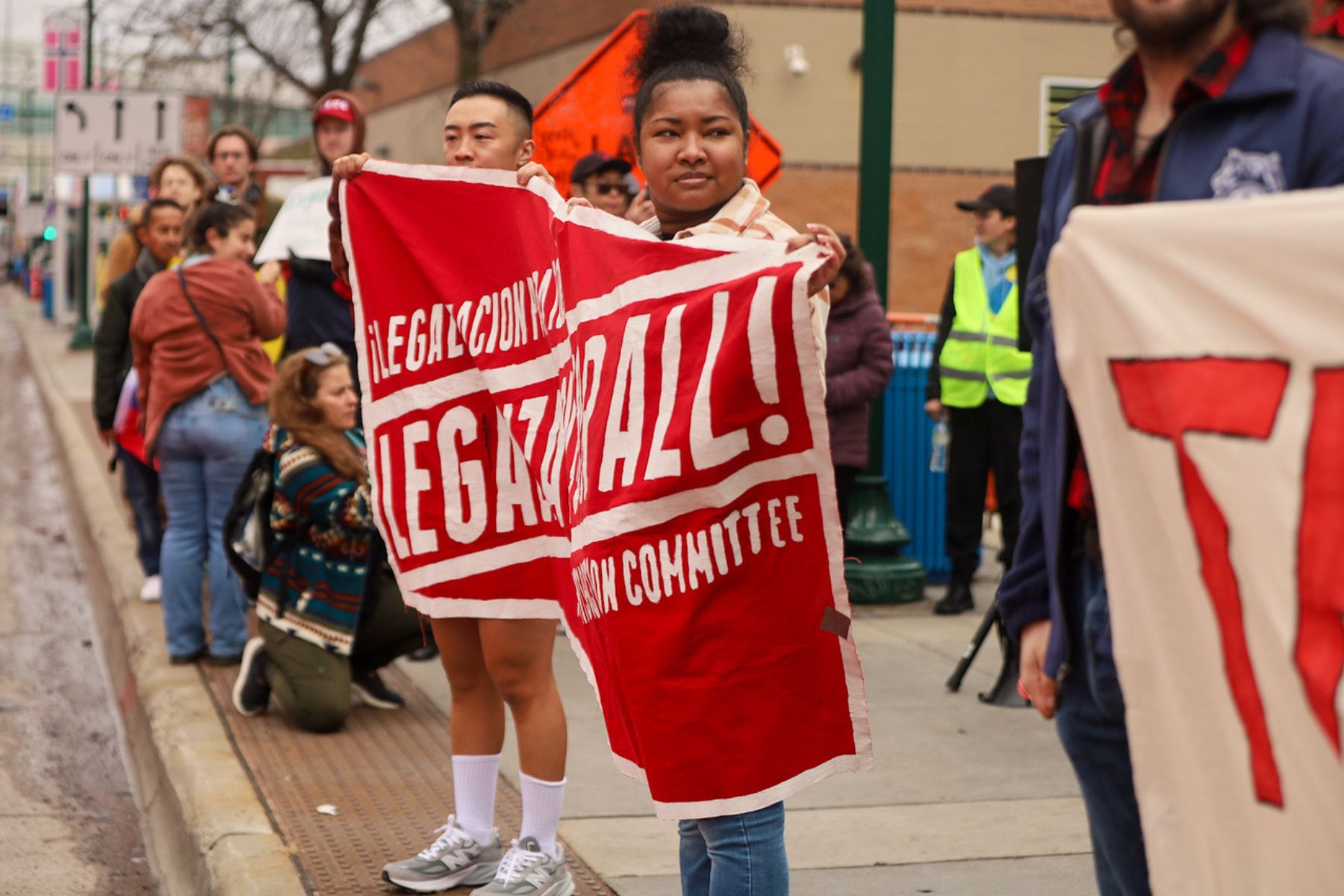


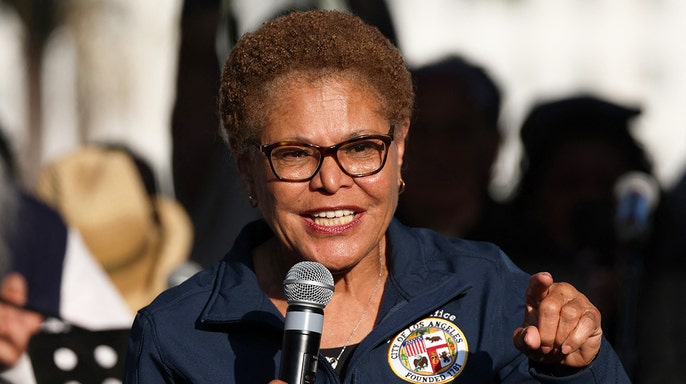







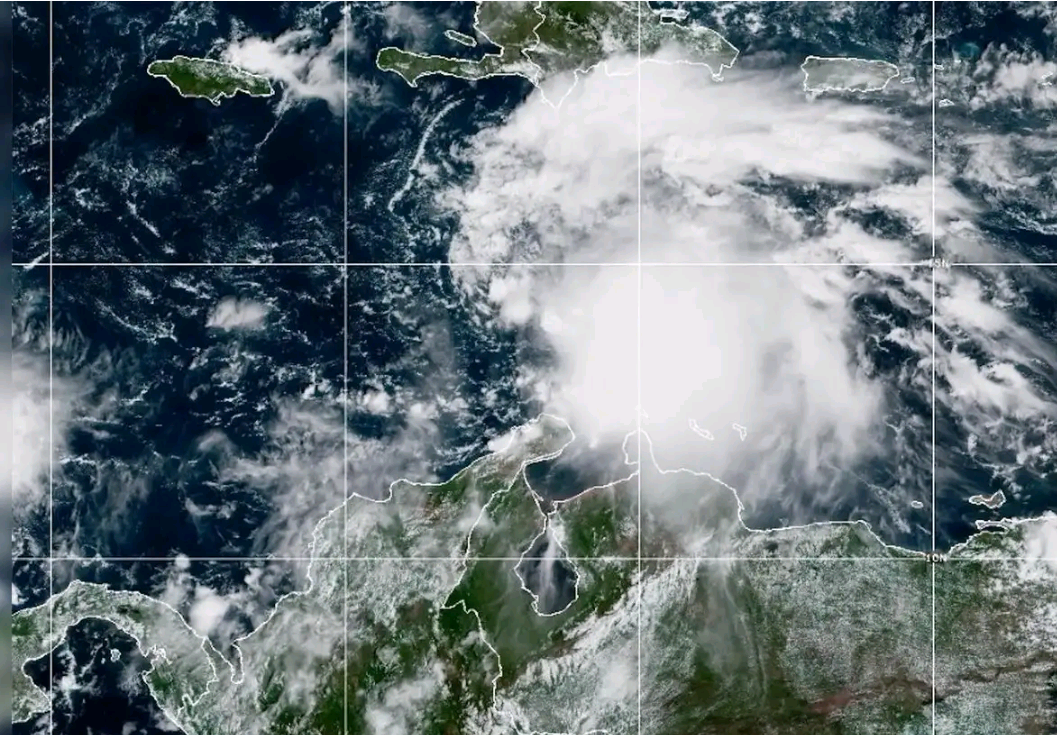



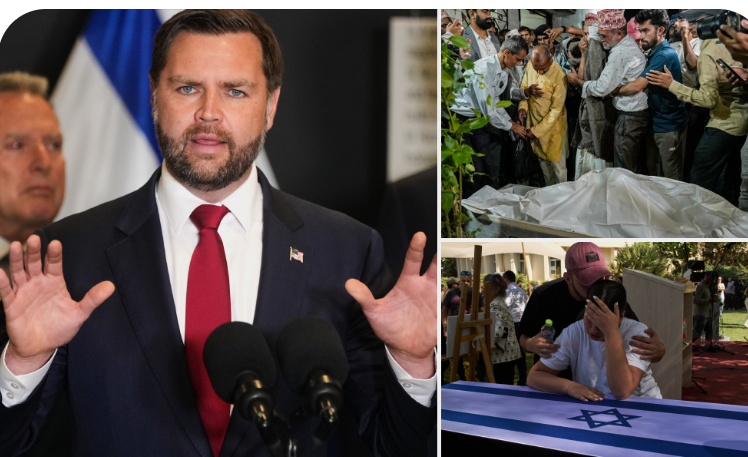








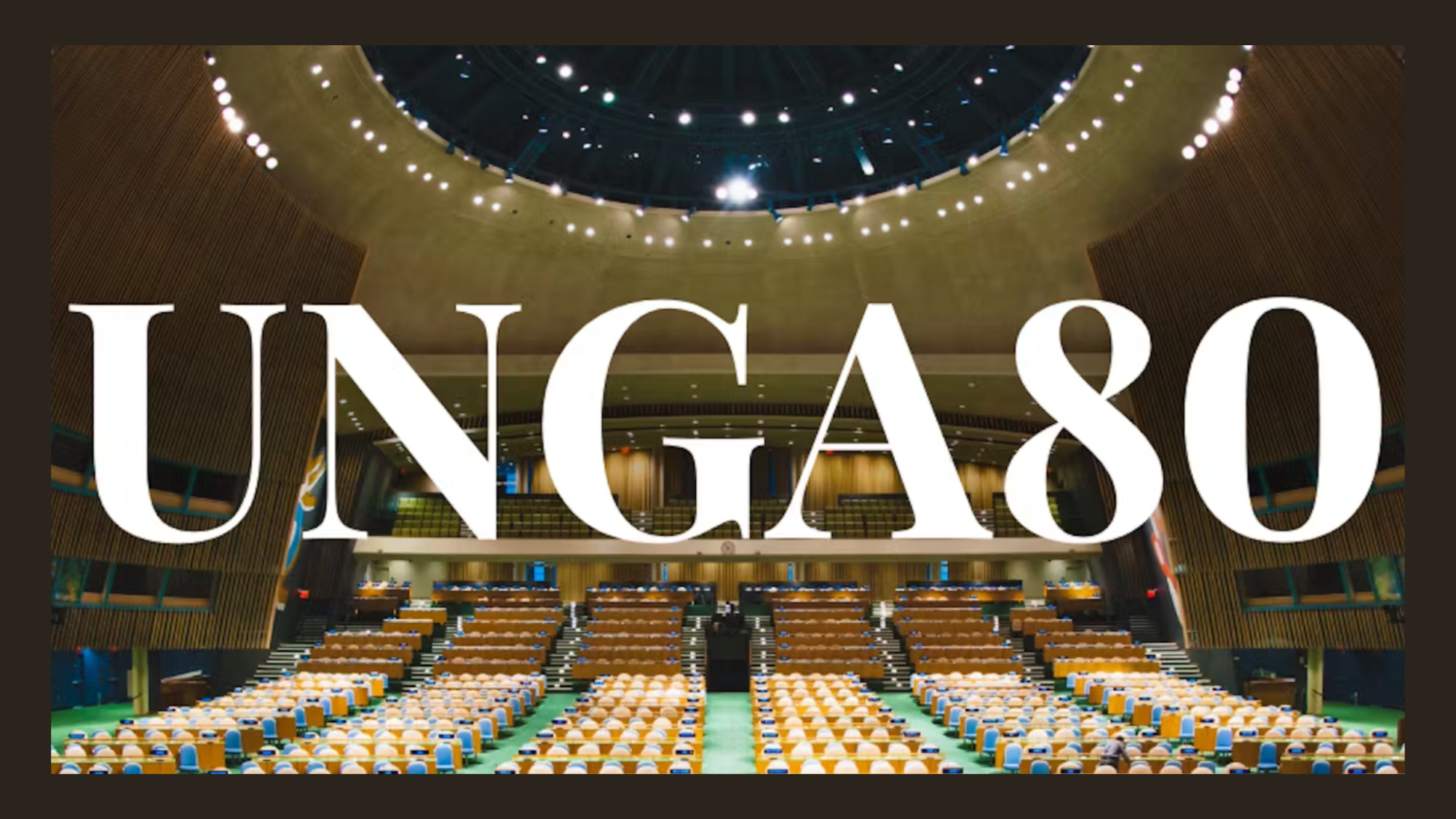





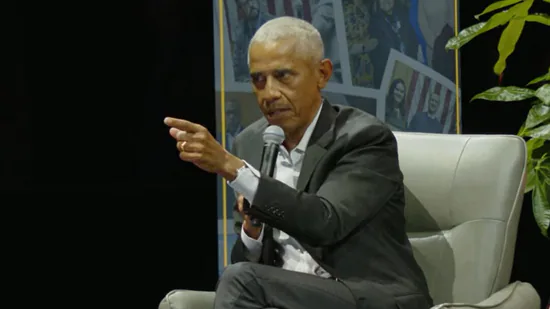




Leave a Reply